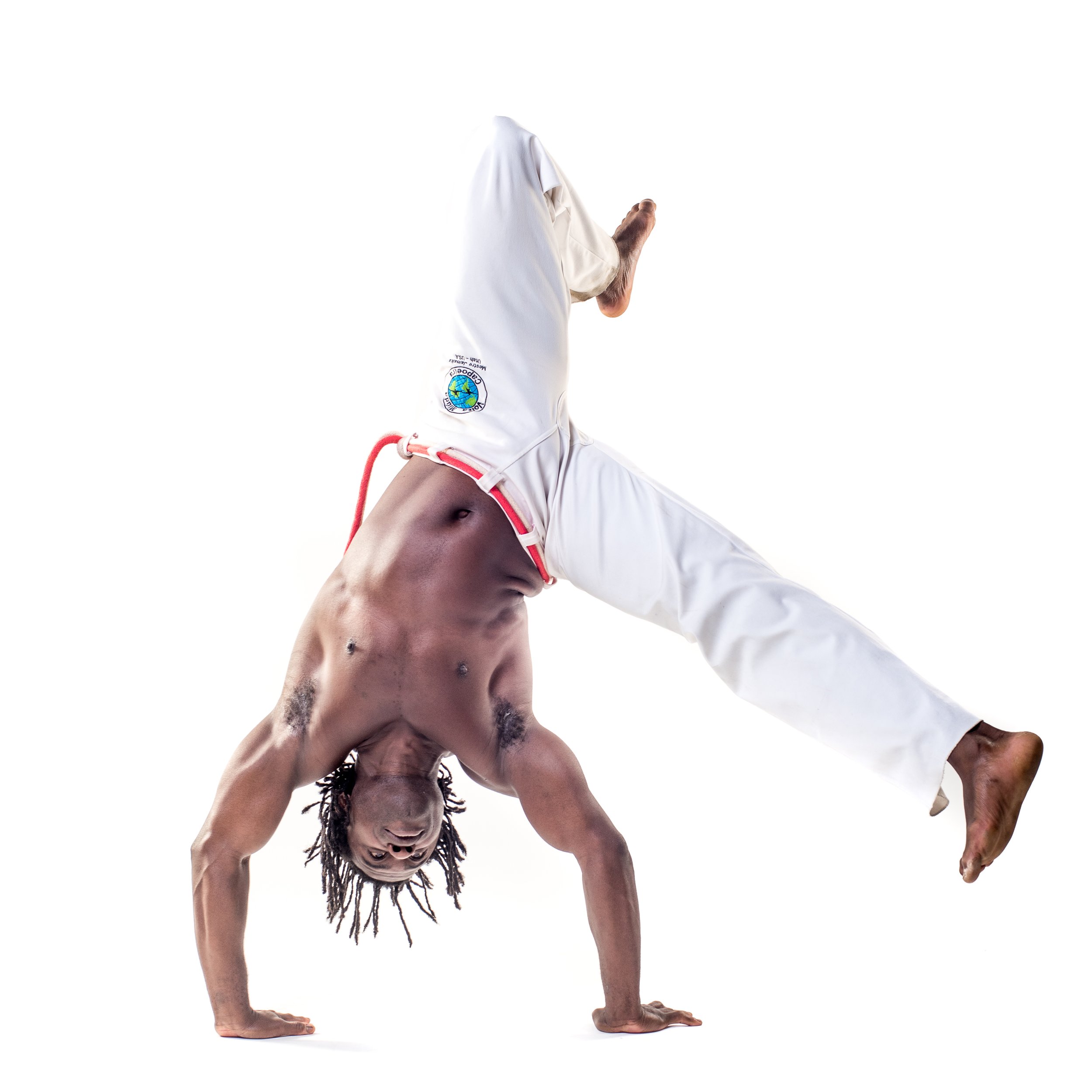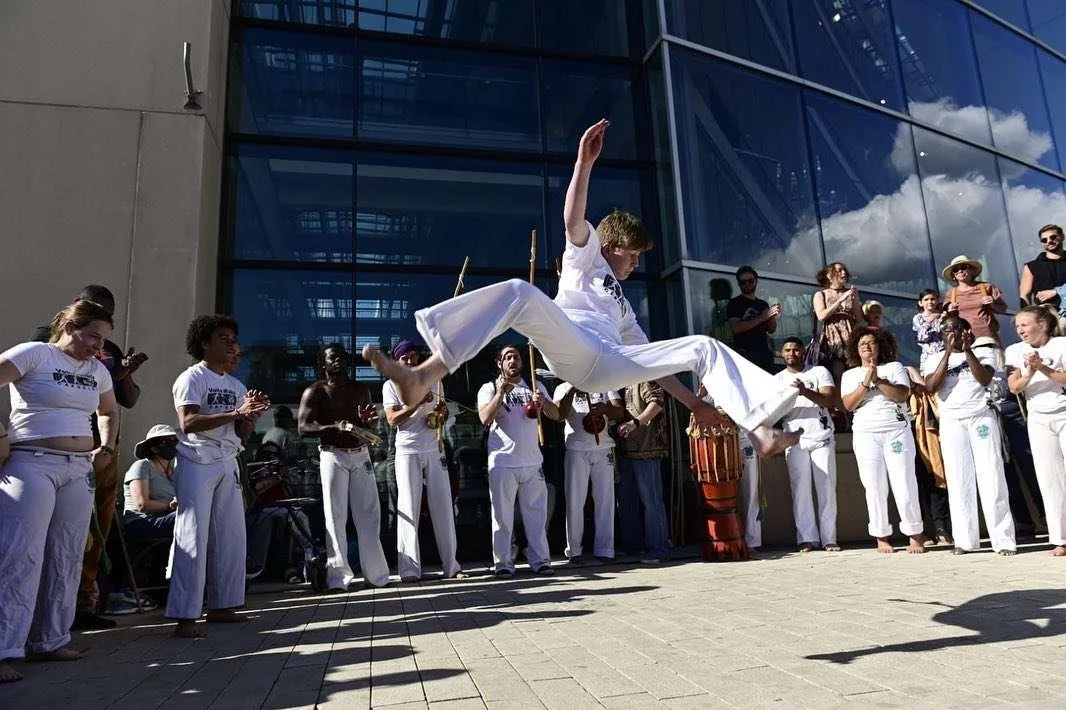Sydnee Gonzalez from KSL News wrote a feature on our event which highlighted cultures of the African diaspora. Here’s an excerpt:
Utahns will get a unique look at a mix of dance and music stemming from the African diaspora — a population that totals 165.4 million in the Americas — this weekend.
"An Evening with Brazil, Africa and Puerto Rico" will feature half a dozen performance groups, ranging from Afro-Brazilian capoeira, a martial art that African slaves disguised as a dance, and Puerto Rican bomba, a dance originally used as a form of communication by enslaved individuals.
"We're actually very excited because of the mix of different cultures coming together to celebrate in one night," Salt Lake Capoeira founder Mauro Romualdo said. "Brazil, Puerto Rico and East Africa is an amazing combination because the end of the day, it all comes from the same roots, from the Africans who were free in Africa that continued that culture, plus the other Africans who were forced to leave their countries."
Romualdo said Africans influenced culture in the Americas in different manners due to the unique situations in each area. However, he added that there are some commonalities across places like Brazil, Puerto Rico and East Africa.
"I feel like the drums is what connects us. When we hear the music from Puerto Rico or Africa as well, it's very similar to what we hear in Brazil," he said. "In capoeira, the way that we form is in a circle and everybody is clapping hands and singing together. That's the same thing in Puerto Rico and in East Africa. The energy is different, but at the end of the day we are all engaged and we all connect again through the drums and the music."
Romualdo, known to his students as "Mestre Jamaika," has practiced capoeira since he was 7. He currently teaches about 70 families through Salt Lake Capoeira in addition to doing cultural outreach at schools and events. Proceeds from the event will go toward bringing 10 capoeira artists to Utah from Brazil, Canada and Mexico for a series of workshops for Salt Lake Capoeira students and local dancers.
"One of the things I love most about capoeira is the community that we've been working really hard on and creating in Salt Lake City. My classes have a huge diversity of people: local people from here in Salt Lake, people from Middle East, South America, Africa and Europe," Romualdo said. "It is very beautiful when you see that you're making a difference in people's lives through this beautiful art form."

